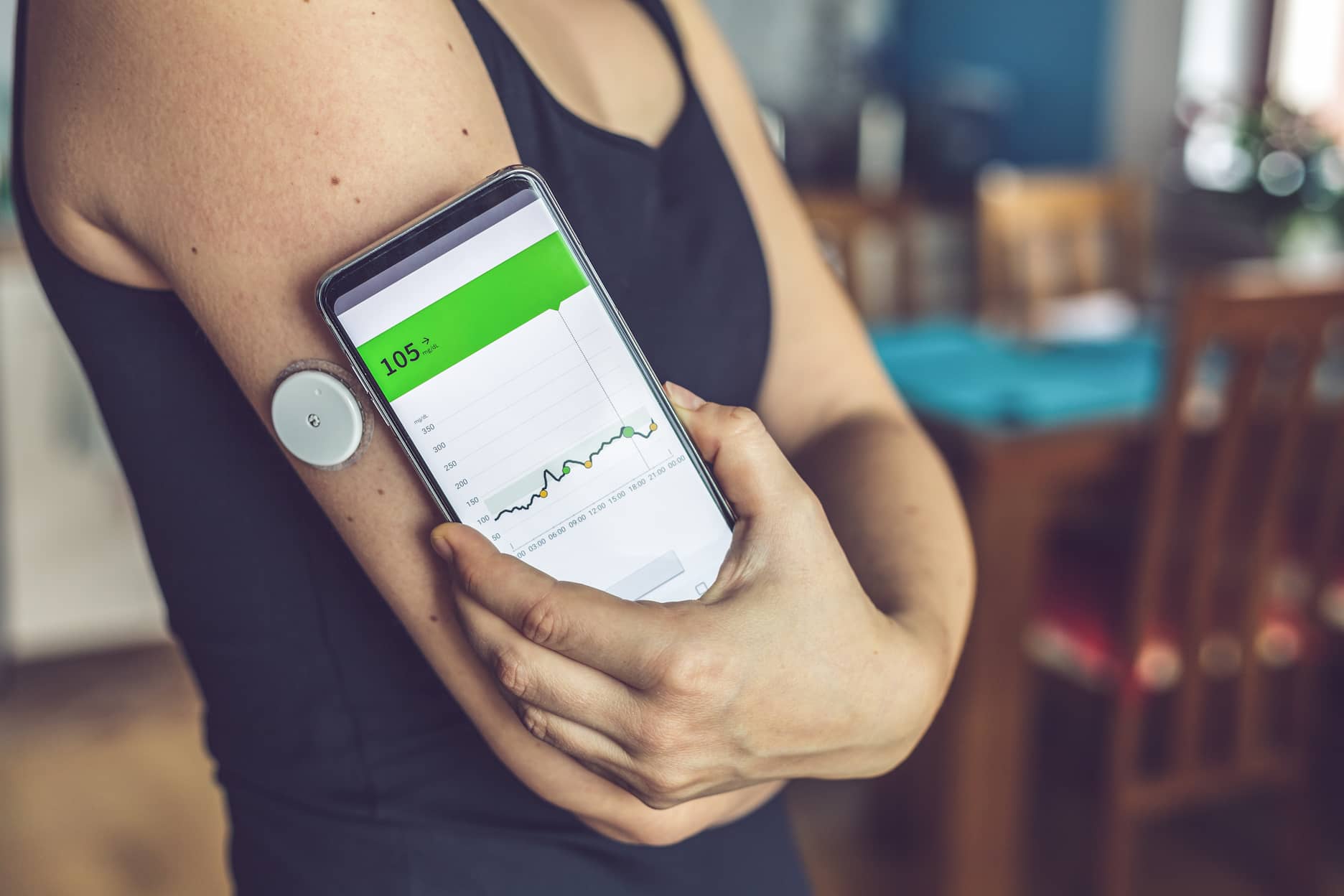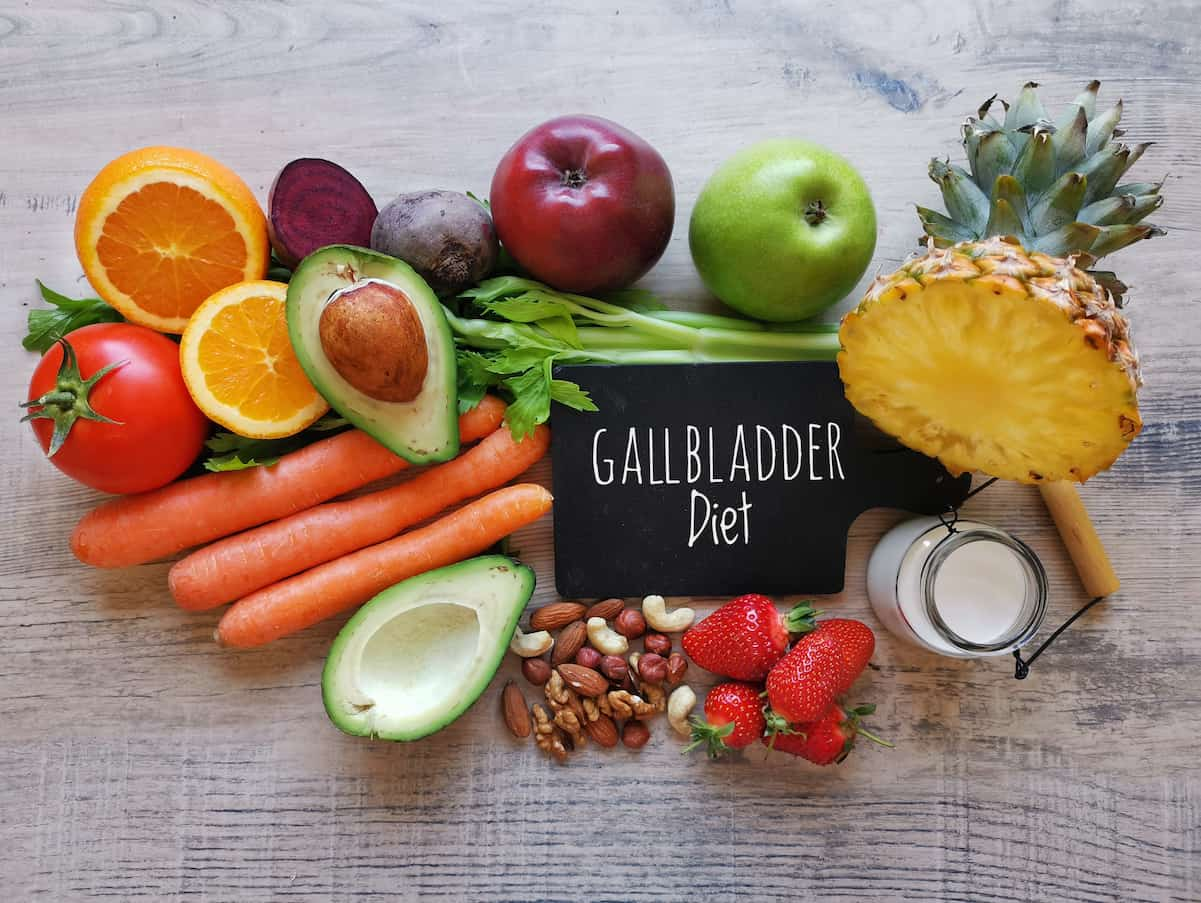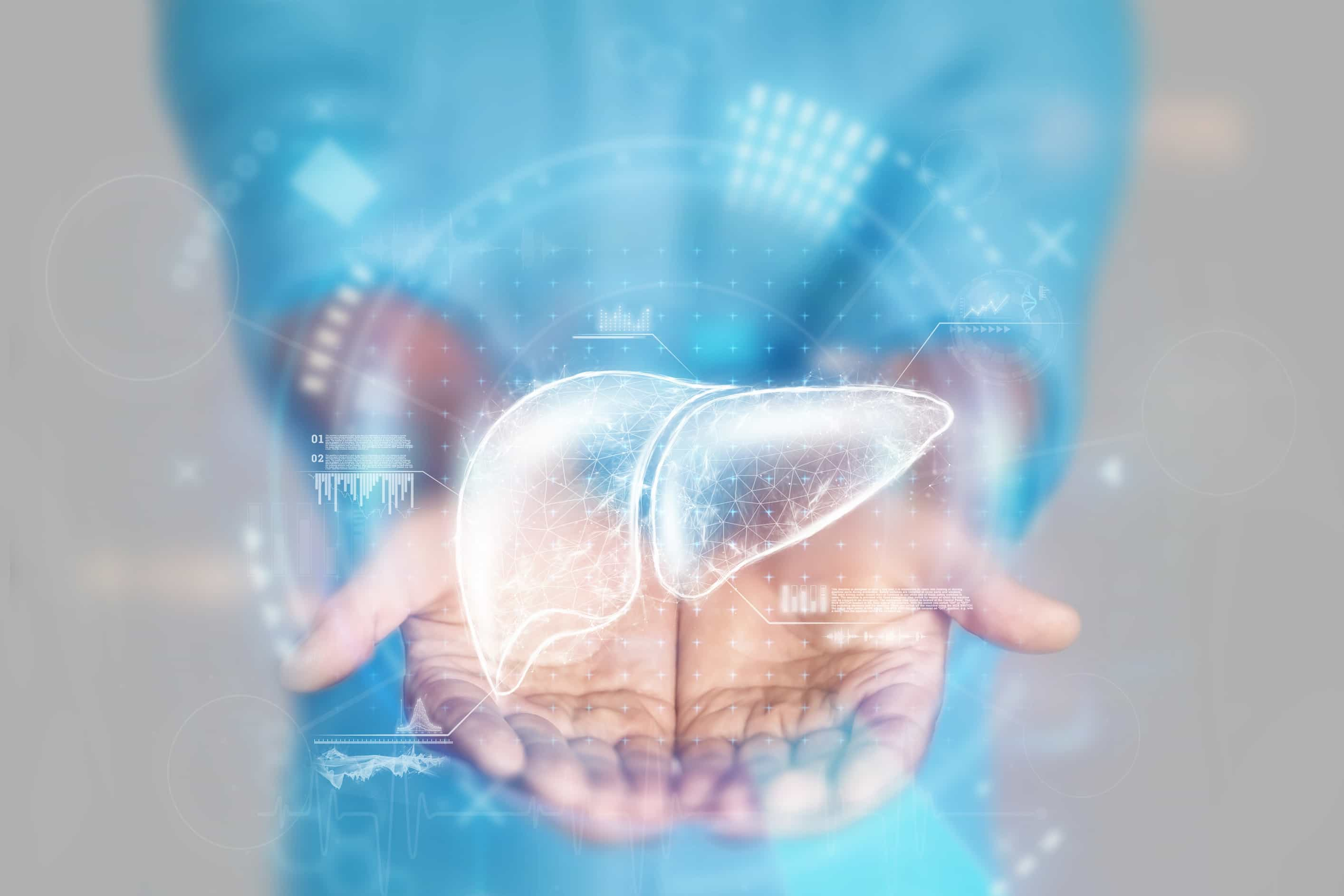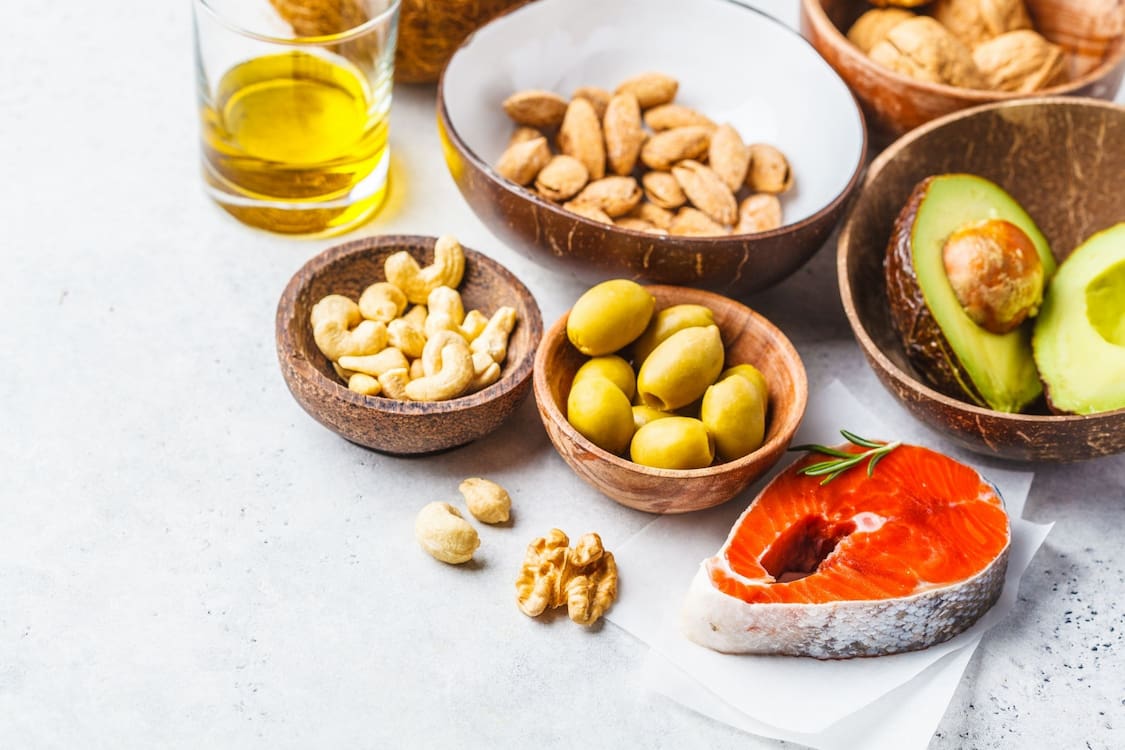
Diabetes Surgery Approaches
Diabetes is a chronic disease that affects millions of people worldwide. It is caused by the body’s inability to produce or use insulin, which leads to high blood sugar levels. While there are several treatment options available, including medication, lifestyle changes, and insulin therapy, researchers are constantly looking for new and innovative ways to manage the disease. One area of research that shows promise is diabetes surgery, and here we explore the future of diabetes treatment through innovations in surgical approaches.
Surgical interventions for diabetes have been around for a few decades, but it wasn’t until the 2000s that it gained widespread attention as a potential cure for type 2 diabetes. Initially, bariatric surgery was used to treat obesity, but doctors noticed that many patients who underwent the procedure also experienced a significant improvement in their blood sugar levels. This led to the development of metabolic surgery, which focuses on improving metabolic function rather than just weight loss.
Currently, the most common type of metabolic surgery is gastric bypass, which involves rerouting the digestive system to bypass part of the small intestine. This leads to a reduction in calorie absorption, weight loss, and improved insulin sensitivity. Studies have shown that gastric bypass can lead to remission of type 2 diabetes in up to 80% of patients, with many experiencing sustained improvement in blood sugar levels even after five years.
However, gastric bypass is a major surgery that comes with risks, and it may not be suitable for all patients. That’s why researchers are exploring other surgical approaches that could be less invasive and more tailored to individual patient needs.
One of the most exciting areas of research in diabetes surgery approaches is the development of endoscopic procedures. Endoscopic procedures are minimally invasive and involve inserting a flexible tube with a camera and tools through the mouth and into the digestive system. This allows doctors to perform surgeries without making any incisions on the outside of the body.
Endoscopic procedures for diabetes include the endoscopic sleeve gastroplasty (ESG) and the duodenal mucosal resurfacing (DMR) procedure. ESG involves placing sutures in the stomach to create a sleeve-like structure that restricts food intake and promotes weight loss. DMR involves using a catheter to deliver heat energy to the lining of the duodenum, which leads to regeneration of the tissue and improved metabolic function.
While these procedures are still in the early stages of development, early results are promising. A study published in Diabetes Care found that ESG led to a 12.4% reduction in body weight and a 50% reduction in HbA1c levels (a measure of blood sugar control) after one year. Meanwhile, a study published in The Lancet found that DMR led to a 39% reduction in HbA1c levels after six months.
Another promising area of research is the development of gene therapy for diabetes. Gene therapy involves modifying the DNA of cells to correct genetic defects that cause disease. Researchers are exploring the use of gene therapy to create insulin-producing cells that can be transplanted into the body to restore insulin production.
One approach being developed is the use of CRISPR-Cas9, a revolutionary gene-editing tool that can make precise changes to DNA. Researchers are using CRISPR-Cas9 to modify stem cells to produce insulin, which can then be transplanted into the body. While this technology is still in the early stages of development, it shows promise for a potential cure for type 1 diabetes.
How To Eat After Diabetes Surgery
Diabetes surgery, also known as metabolic surgery, has become an increasingly popular treatment option for individuals with type 2 diabetes. The surgery aims to improve metabolic function by altering the digestive system, leading to weight loss and improved blood sugar control. However, after diabetes surgery, it is important to follow a specific diet to ensure proper healing and prevent complications. Here are some guidelines for how to eat after diabetes surgery.
First and foremost, it is important to follow the dietary recommendations provided by your healthcare provider. Your provider will likely provide a specific meal plan that is tailored to your individual needs, taking into account your current weight, health status, and other factors.
One of the most important dietary recommendations after diabetes surgery is to consume smaller, more frequent meals throughout the day. This is because after surgery, the stomach will be smaller, and you will likely feel fuller more quickly. Consuming smaller meals more frequently can help ensure that you are getting the nutrients your body needs while also preventing discomfort or complications.
One of the most important dietary recommendations after diabetes surgery is to consume smaller, more frequent meals throughout the day. This is because after surgery, the stomach will be smaller, and you will likely feel fuller more quickly. Consuming smaller meals more frequently can help ensure that you are getting the nutrients your body needs while also preventing discomfort or complications.
Additionally, it is important to avoid consuming foods that are high in fat, sugar, or simple carbohydrates. These types of foods can be difficult for the body to digest and can lead to a spike in blood sugar levels. Instead, focus on consuming lean protein sources, complex carbohydrates, and healthy fats.
Lean protein sources include foods like chicken, fish, tofu, and legumes. These foods provide essential nutrients that the body needs for proper healing and can help promote feelings of fullness. Complex carbohydrates include foods like whole grains, fruits, and vegetables. These foods are high in fiber, which can help regulate blood sugar levels and promote digestive health. Healthy fats include foods like nuts, seeds, and avocados. These foods provide essential fatty acids that the body needs for proper function and can help promote feelings of fullness.
It is also important to stay hydrated after diabetes surgery. Adequate hydration can help prevent complications like constipation and promote proper healing. Be sure to drink plenty of water throughout the day and avoid consuming beverages that are high in sugar or caffeine.

What not to Eat After Diabetes Surgery?
Diabetes surgery, also known as metabolic surgery, is an increasingly popular treatment option for individuals with type 2 diabetes. The surgery aims to improve metabolic function by altering the digestive system, leading to weight loss and improved blood sugar control. After diabetes surgery, it is important to follow a specific diet to ensure proper healing and prevent complications. Here are some foods to avoid after diabetes surgery.
Sugary Foods: One of the most important things to avoid after diabetes surgery is foods that are high in sugar. These foods can cause a spike in blood sugar levels and make it difficult to maintain healthy blood sugar levels. Avoid foods like candy, soda, and baked goods that are high in sugar.
High-Fat Foods: Another food to avoid after diabetes surgery is high-fat foods. These foods can be difficult to digest after surgery and can lead to discomfort or complications. Avoid foods like fried foods, fatty meats, and high-fat dairy products.
Processed Foods: Processed foods are often high in sugar, salt, and unhealthy fats. These foods can be difficult to digest and can lead to complications after diabetes surgery. Avoid foods like packaged snacks, processed meats, and frozen dinners.
White Carbohydrates: Foods that are high in white carbohydrates, such as white bread, white rice, and pasta, should be avoided after diabetes surgery. These foods can be difficult to digest and can lead to a spike in blood sugar levels.
Alcohol: Alcohol can be particularly problematic after diabetes surgery. It can cause a spike in blood sugar levels and can be difficult to digest. Avoid alcohol for at least the first few weeks after surgery, and then consume it in moderation.
Carbonated Beverages: Carbonated beverages, like soda and sparkling water, can cause discomfort after diabetes surgery. The bubbles can cause gas and bloating, which can be particularly problematic after surgery. Stick to still water and other non-carbonated beverages.
Tough or Stringy Meats: Meats that are tough or stringy can be difficult to digest after diabetes surgery. Avoid meats like beef jerky or chewy steak.
In conclusion, after diabetes surgery, it is important to avoid foods that are high in sugar, high in fat, processed, high in white carbohydrates, alcohol, carbonated beverages, and tough or stringy meats. These foods can be difficult to digest and can lead to complications after surgery. Be sure to follow the dietary recommendations provided by your healthcare provider to ensure proper healing and prevent complications after diabetes surgery.
The Study of Diabetes Surgery Approaches
A recent study published in the New England Journal of Medicine conducted a comprehensive analysis of over 1,500 patients who underwent gastric bypass surgery as a treatment for type 2 diabetes. The study found that 82% of patients achieved remission of diabetes, with sustained improvement in blood sugar levels over a period of five years. This research underscores the effectiveness of gastric bypass surgery as a viable option for diabetes management.
The Importance of Exercise For Managing Diabetes
Exercise is a crucial component in managing diabetes. Regular physical activity can help lower blood sugar levels and improve insulin sensitivity, leading to better blood sugar control. Exercise can also help individuals with diabetes maintain a healthy weight, reduce their risk of cardiovascular disease, and improve overall physical and mental health.
Even small amounts of exercise, such as walking or light resistance training, can have significant benefits for individuals with diabetes. However, it is important to consult with a healthcare provider before starting an exercise program, as they can provide personalized recommendations based on individual health status and fitness level.
What Should Diabetics Eat After Surgery?
After diabetes surgery, it is important for individuals to follow a specific diet plan recommended by their healthcare provider. This diet typically focuses on consuming high-protein, low-carbohydrate foods to support proper healing and help manage blood sugar levels. Foods such as lean protein sources, non-starchy vegetables, and healthy fats are often recommended, while sugary and processed foods should be avoided. It is also important for individuals to eat small, frequent meals throughout the day to avoid overeating and to ensure proper digestion. Following a balanced diet can help individuals with diabetes after surgery to maintain healthy blood sugar levels, promote healing, and improve overall health.
Healthy Türkiye Notes
In conclusion, the future of diabetes treatment looks promising with innovations in surgical approaches. While bariatric surgery has already shown success in improving metabolic function, newer and less invasive endoscopic procedures are being developed that could be more accessible to a wider range of patients.




